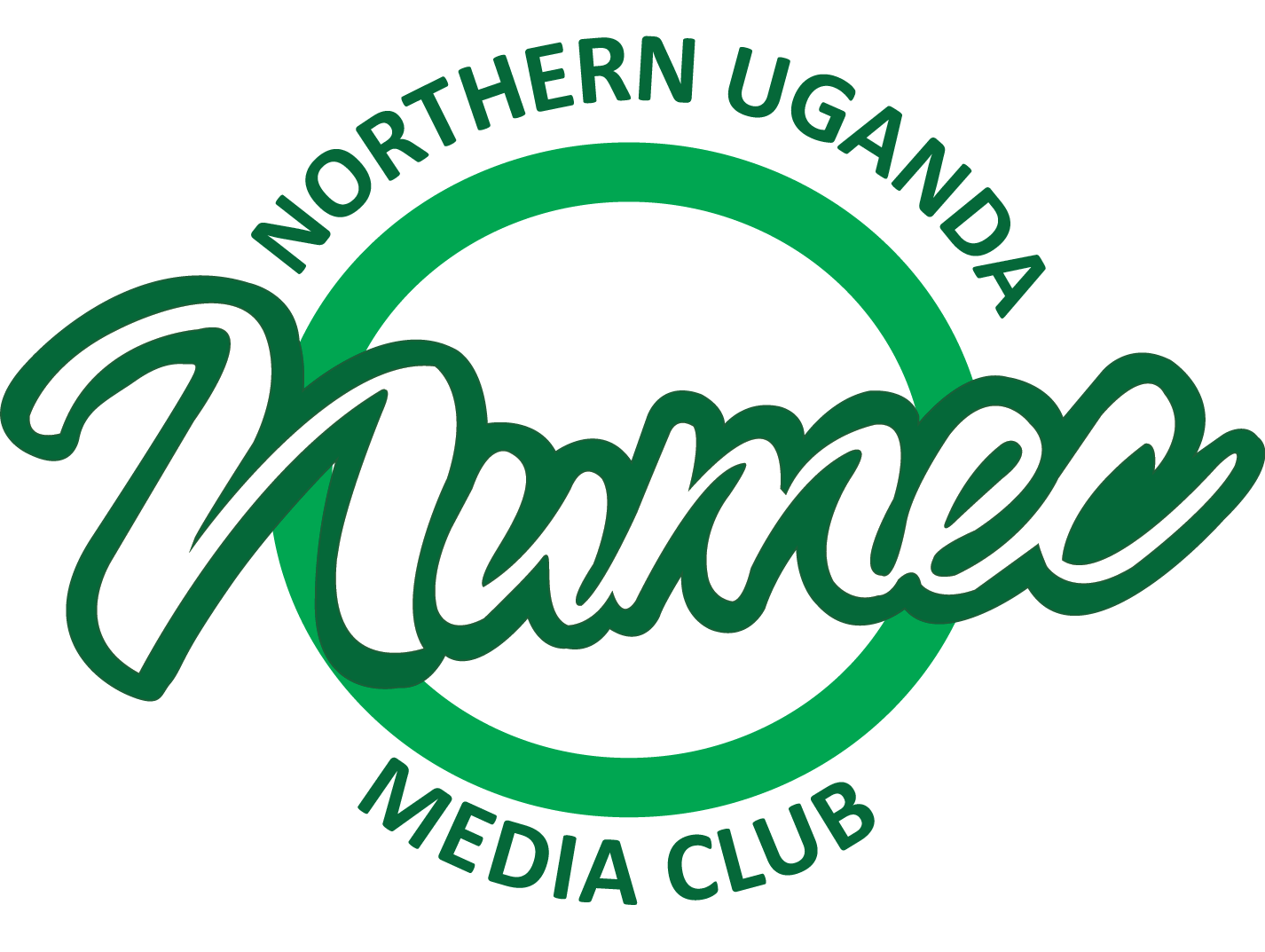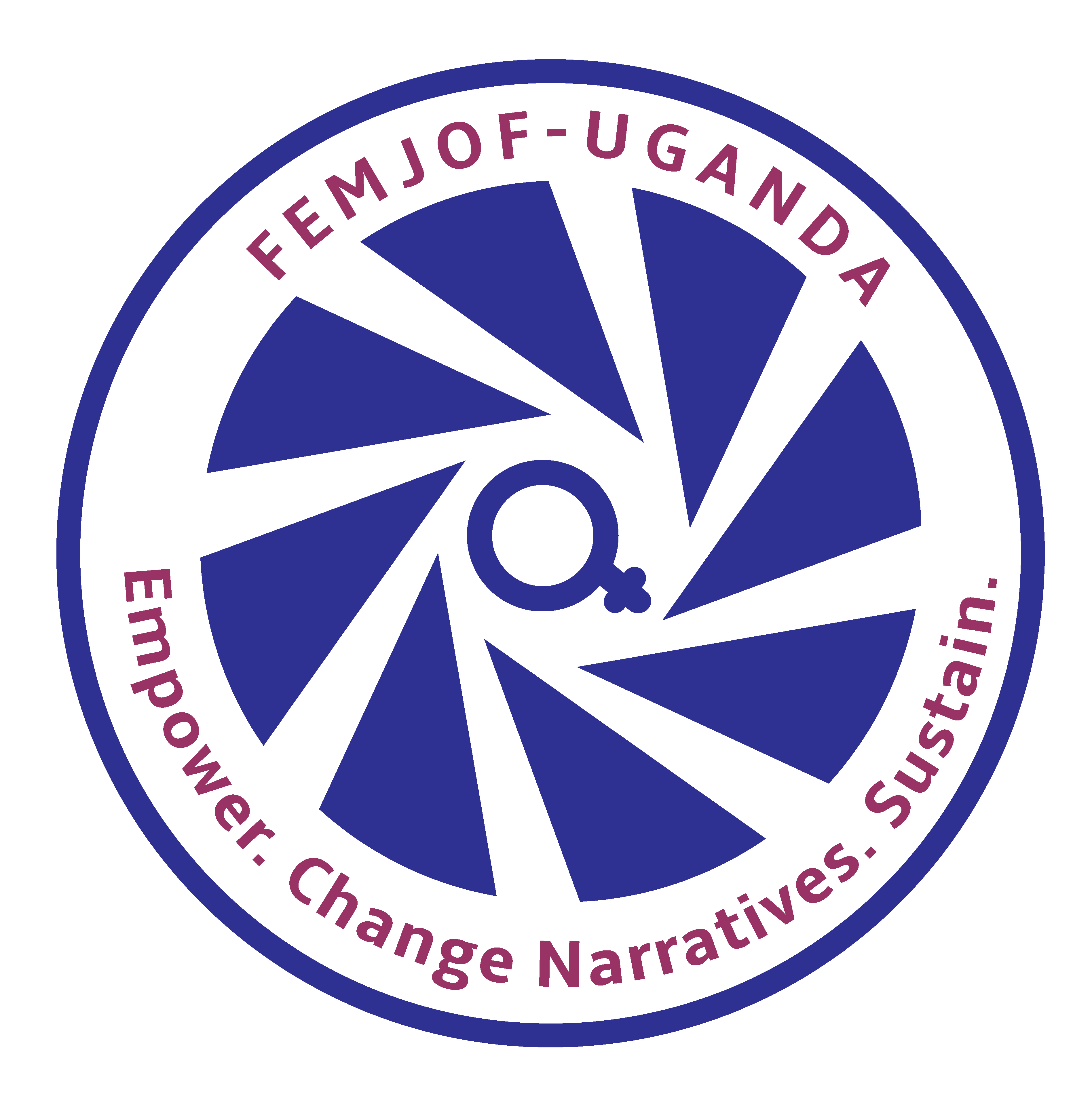Key Issue: Conservation
Journalists jolt public and policymakers awake on climate change impacts
- Centre for Public Interest Journalism – The NewsHawks
Journalists at NewsHawks produced five stories, five videos and 10 photos through the grant project. The content focused primarily on improving cooperation between the media, civil society and policymakers in how to tackle the impact of environmental degradation, climate change and natural disasters. Reporting took into account the main environmental challenges facing Zimbabwe, including mining, land degradation, deforestation, water resources, air pollution, rainfall variability and biodiversity loss. Several articles specifically looked at issues of pollution affecting rivers and aquatic life, to highlight the threats to people as well as the ecosystem, raise public awareness and jolt policymakers into action. The team also used their reporting to present the key sustainability challenges and opportunities as well as their links to poverty reduction and socio-economic development.
Media debunks misinformation on afforestation of exotic trees
- The Standard Group PLC – FarmKenya Initiative
The FarmKenya Initiative, as part of the Standard Group, produced one print story in The Standard, a news feature for KTN News and Home, and a radio talk show on both Spice FM and Maisha Radio. The content focused on correcting misinformation held by many farmers on the afforestation of exotic trees, such as the eucalyptus species, which is detrimental to agricultural productivity and a threat to livelihoods and biodiversity. FarmKenya was able to disseminate information on how farmers can minimise the effects of climate change by planting indigenous tree species or exotics with fewer effects on the environment, livelihoods and biodiversity. As a result, their coverage has helped farmers optimise their planting practices and safeguard their livelihood, while providing information that is easily understood by farming communities.
Rural dwellers get a platform to tell their stories
- Alpha Media Holdings (AMH)
Alpha Media Holdings produced 20 articles, three podcasts and four videos, with the goal of raising awareness on climate change and contributing to a democratic society that is committed to tackling the environmental challenges affecting local communities. The content aimed to highlight the struggles of both urban and rural dwellers, and show how climate change is impacting their livelihoods. It also zoomed in on specific issues, such as mining, and the effects of climate change on tourism. Thanks to the grant, reporters were able to provide more marginalised voices with a platform to tell their own climate change stories while also showing the solutions that they have sought to mitigate its effects.
Protecting sacred wetlands and giving farmers a voice
- Isango Star
Isango Star produced 12 stories across eight districts, highlighting the challenges and successes involved in the Nyabugogo catchment plan within the Nile basin. It also produced two stories on the effects of climate change on the aquatic population in Muhazi Lake. The stories covered a wide range of nuanced topics regarding water issues, such as monitoring the implementation of activities related to Nyabugogo flood control, the restoration and development of Gikondo Wetlands, the construction of a new Muhazi multipurpose dam and the creation of training programmes for local stakeholders and beneficiaries. The coverage enabled farmers to voice their concerns about the loss of aquatic life on Muhazi Lake and provided support for them in rebuilding farms in the area.
Mitigation measures to counteract the effects of climate change
- Northern Uganda Media Club (NUMEC)
NUMEC worked with four leading radio stations in northern Uganda to produce a three-part series in English and Luo, exploring the impact of climate change on the agricultural productivity of smallholder rural farmers in northern Uganda. It also looked at the mitigation techniques farmers can deploy to boost food productivity and income amidst climatic changes. The first episode focused on the manifestations of climate change in the region, while the second looked at the impact of climate change on smallholder farmers. The third delved into mitigation measures that farmers can adopt. Through this project, NUMEC hopes to raise awareness among smallholder farmers in northern Uganda about how mitigation measures can help reduce the effects of climate change on productivity.
Climate change mitigation strategies that promote community empowerment
- Female Journalists Forum – Uganda (FEMJOF)
FEMJOF conducted a training of 15 women journalists on environmental and climate change reporting for this project. They produced eight stories, including four multimedia pieces, and focused on climate change adaptation and mitigation strategies, such as renewable energy and conservation solutions. Reporters gained an understanding and appreciation of topics related to climate change in order to produce more stories of impact, and learnt skills that allowed them to undertake storytelling on climate change beyond this project. With the help of this grant, FEMJOF aimed to transform and empower communities by sensitising the public to various climate change adaptation and mitigation measures. In this way, information became a tool in promoting socio-economic development.
Leading the community on biodiversity and conservation
- EnviroPress Zimbabwe Trust
EnviroPress Zimbabwe Trust used the grant to conduct eight training sessions, which resulted in journalists producing 42 stories, 35 photos and 13 short video documentaries. It also created a network in the provinces of Manicaland and Masvingo, which contributed content for publication. Journalists focused largely on biodiversity and conservation, bringing it to the forefront of the news, and the content produced helped turn the publication into the go-to institution in the region for credible climate change and environmental reporting. The grant project has helped improve awareness of conservation and biodiversity issues, from policymakers to grassroots communities.
A voice for marginalised communities on biodiversity conservation
- JRS – Radio Kwizera
JRS – Radio Kwizera used the grant project to train individuals in climate change reporting and produce numerous pieces of content. Fifteen journalists from five different radio stations participated in a three-day training, before producing 20 programmes and 700 radio spots. The station also recruited 280 young people and a further 10 journalists, who produced 10 magazines and 10 documentaries. They also produced several one-hour live panel discussions. The content centred around raising awareness on the importance of conserving plant species, water sources and eco-friendly farming methods. The live panel discussions looked specifically at biodiversity conservation around the Kagera basin. Through their reporting, participants were able to have an impact on the promotion of sustainable land use practices to accelerate agricultural productivity and minimise habitat loss and environmental degradation. It also encouraged the participation of marginalised communities in using eco-friendly energy sources.
Saving Kenya’s lakes from climate change effects
- Radio Africa Group – The Star newspaper
For this project, journalists at Radio Africa Group published a series of four in-depth articles, four podcasts and four videos, exposing the link between climate change and environmental impact. It examined the effects of swelling lakes in the Rift Valley and the effects on the surrounding communities, as well as the gradual loss of wild beast migration between Kenya and Tanzania. Journalists also documented the work of Kenyan scientists who are researching ways to overcome the spread of vector-borne diseases, as part of a solution-based story. The project has caused the Kenya National Environment Management Authority to commit to putting an end to land degradation in an effort to save Kenya’s only soda lake, Lake Magadi. In addition, the Kenya Medical Research Institute and the International Centre of Insect Physiology and Ecology have both agreed to involve the media in the dissemination of research by these organisations.
Protecting Zambia’s national parks
- News Diggers Ltd.
News Diggers utilised this project to highlight the detrimental impact that construction in natural conservation areas has on surrounding communities. It looked at how the commercialisation of protected forests and natural parks has led to mass destruction. Participants produced three investigative documentaries, three radio packages, seven newspaper articles and three infographics on environmental controversies, with a particular focus on Forest Reserve 27 near Lusaka, the Chimutengo Forest and the Lower Zambezi National Park. Their aim was to provide the general public with in-depth information on the most pressing environmental issues affecting their country, and incite the government to come up with alternatives to the degazettement and commercialisation of important conservation areas.
Augmented reality as a climate change storytelling tool
- Hashtag Our Stories
Hashtag Our Stories provided a mobile journalism virtual training course to eight participants. The training included lessons on how to film and edit with a mobile device, script and storyboard examples, and lens demonstrations. Participants scripted their own climate stories to reflect the issues affecting their communities, such as drought, agriculture, waste management, sustainable fuels, and water scarcity and solutions. They learnt how to create innovative and compelling visuals, and develop augmented reality lenses and motion graphics. The comprehensive toolkit provided African newsrooms and freelancers with innovative technologies while empowering them to tell climate stories using their mobile phones.
Raising awareness on wetlands
- Delta FM Radio Ltd.
Delta FM Radio embarked on a large undertaking to raise awareness about how invading wetlands can result in a change in weather patterns, unreliable rainfall and prolonged periods of drought. As part of this project, journalists produced 14 wetland updates in their radio bulletins for three districts, 16 web articles, three podcasts, three talk shows on wetlands and a video documentary. In addition to bringing these issues to a wider audience, the project also aimed to encourage the government to create alternatives for people cultivating swamps in order to increase wage-earning. The project helped journalists to broaden their reach to community leaders and local residents, and gain more recognition as a reliable news source on climate change and the environment.
Climate Justice: Gender dimensions of climate, conservation of wetlands and environmental laws in Zimbabwe
- Bustop TV
Bustop TV produced 20 news articles, five myth-buster videos and five video skits in order to create reliable communication between community members, the government, civil society and local leadership on issues surrounding environmental justice and wetland conservation. Their coverage succeeded in rekindling interest in an often ignored topic, and has influenced the government to take action on environmental management and conservation. The Ministry of Environment and mining organisations have reached out to the media house to assure them of their commitment to monitoring mining activities in Mashonaland West.
Bustop TV is also increasing coverage of community-based environmental justice issues and is working towards partnerships with local citizen organisations to create awareness campaigns on wetland conservation.















